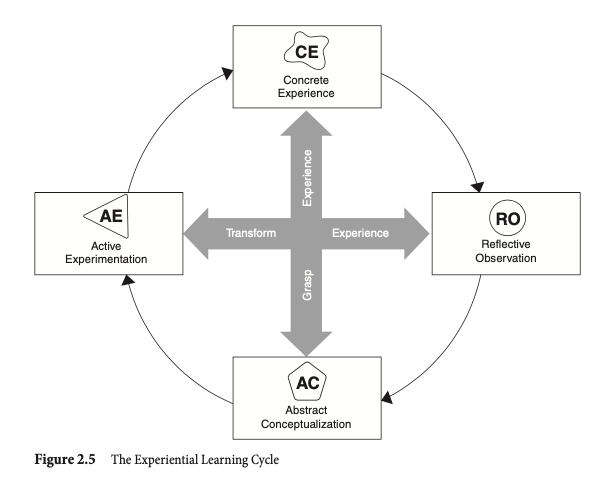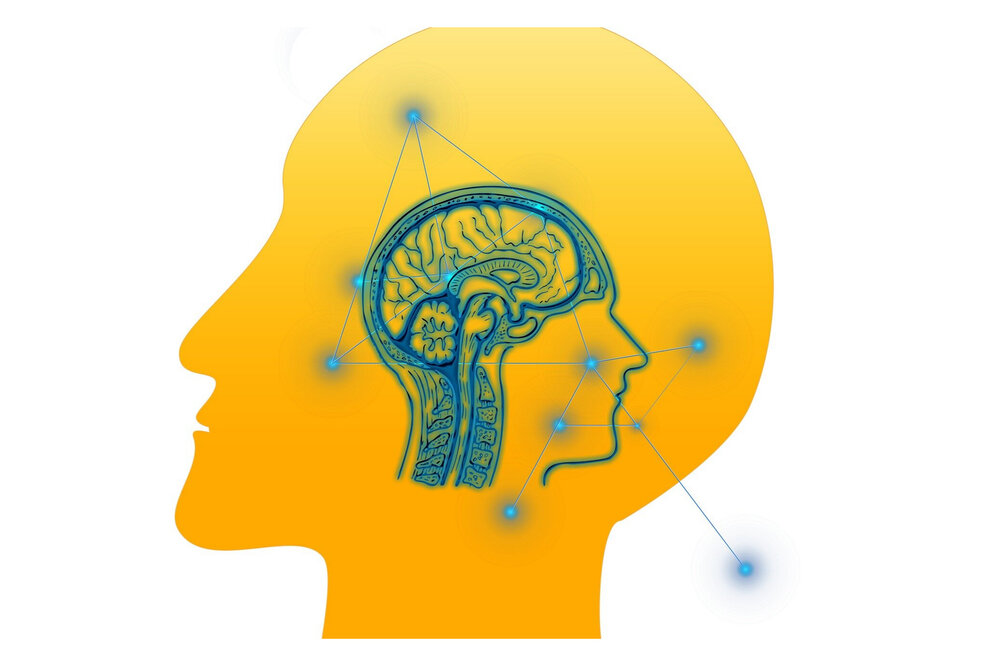Table of Contents
Why Learning Just by Experience = Making a Mess of Your Life
Why Learning Just by Experience = Making a Mess of Your Life
You’ve seen things, dammit—you’re not an isolated loner. You’ve studied self-help books. You have friends. You’ve taken a good look at your past, and have learned a lot from life. But there’s a problem if “the street” and our gut are the only sources of our education.
The people who ‘learn by experience’ often make great messes of their lives, that is, if they apply what they have learned from a past incident to the present, deciding from certain appearances that the circumstances are the same, forgetting that no two situations can ever be the same.
Mary Parker Follett
Learning by experience isn’t the hallmark of wisdom: we tend to over-learn from our own good or bad experiences. We over-generalize and end up saying things like “all guys in polo shirts are awful.”
We over-generalize from our own experiences and observations, without realizing that our own experiences are also filtered through a lens of self-serving justification. The key is to look outside of yourself. Staying within the bounds of your own perspective will teach you nothing.
From “Why Study Interactions and Relationships?”1Close Relationships: Key Readings, edited by Harry T. Reis and Caryl E. Rusbult. Psychology Press, 2004. Link here: “In light of the exceptional sociability of human life… you already know a good deal about interaction and relationships. After all, you have almost two decades (or more) of experience with interpersonal relations… You’ve also learned a good deal about interaction and relationships from fiction, poetry, religion, philosophy…
There’s an important difference between lay knowledge and scientific knowledge: The things we “know” based on our experiences in everyday life are not particularly well articulated or reliable. Many of our beliefs about interactions and relationships are ambiguous, inconsistent, or contradictory… even incorrect. Why so? Our lay understanding is based on unsystematic observation, and distorted by (a) our restricted set of experiences, and (b) the relatively small number of partners with whom we’ve interacted. Our lay understanding of relationships is also colored by what we “want to believe” or “need to believe,” as well as by various other biases in information processing and memory.And personal experience provides a biased sample of information, in that it is based on a common denominator… ourselves. You’ve never had a conversation in which you weren’t there, you’ve never kissed a person when you weren’t there, and you’ve never had an argument in which you weren’t there. For these reasons, if we’re to fully and accurately understand [them], we must turn to the scientific study of interaction and relationships.
How to Get Real Knowledge
For real knowledge, we have to look outside our own experience, because we have no idea where our experience lies on the overall spectrum, or how much we’ve been influencing the picture.

I recently had a coworker who admitted that he was ‘antagonistic and difficult’; in fact, he’d been told just that by multiple people in his life. In his mind, he was—at worst—mid-level argumentative, and demanding. What he didn’t realize is that he’s the biggest asshole I’d ever encountered. He hadn’t been told “you are the biggest asshole I’ve ever ‘met’ by everyone, I imagine, because his interactions were typically brief and work-related; because other people were probably polite; and because whenever I meet a huge asshole who feels the need to contradict every statement, I usually just solve the problem by removing myself from their lives.
Experiential Learning: The Four-Step Process
Here’s what he might do to learn from his interactions:
- Concrete Experience: My wife just left me, and my coworker no longer wants to talk to me. I have received no birthday wishes this year.
- Reflective Observation: They were both overly sensitive. (Reminder: the pro tip here is to include input from the outside world, preferably someone who will call you on your shit.) If you really, really want to shine in this category, try writing about this from the standpoint of someone in Bizarro Land: pretend like the other person did nothing wrong. Just pretend! You don’t have to tell anyone what you learned.
- Abstract Conceptualization: People do not seem to like it when you act like you are the most important person in the room, and treat them as though their only job in life is to cook, do household work, and work for me.
- Active Experimentation: At this rate, I’m going to die alone, so I’ll try being less of an asshole.
Look outside of your own perspective—it’s the only way you’ll figure out what’s really important in life, how other people see you, and how you can become a better person.
